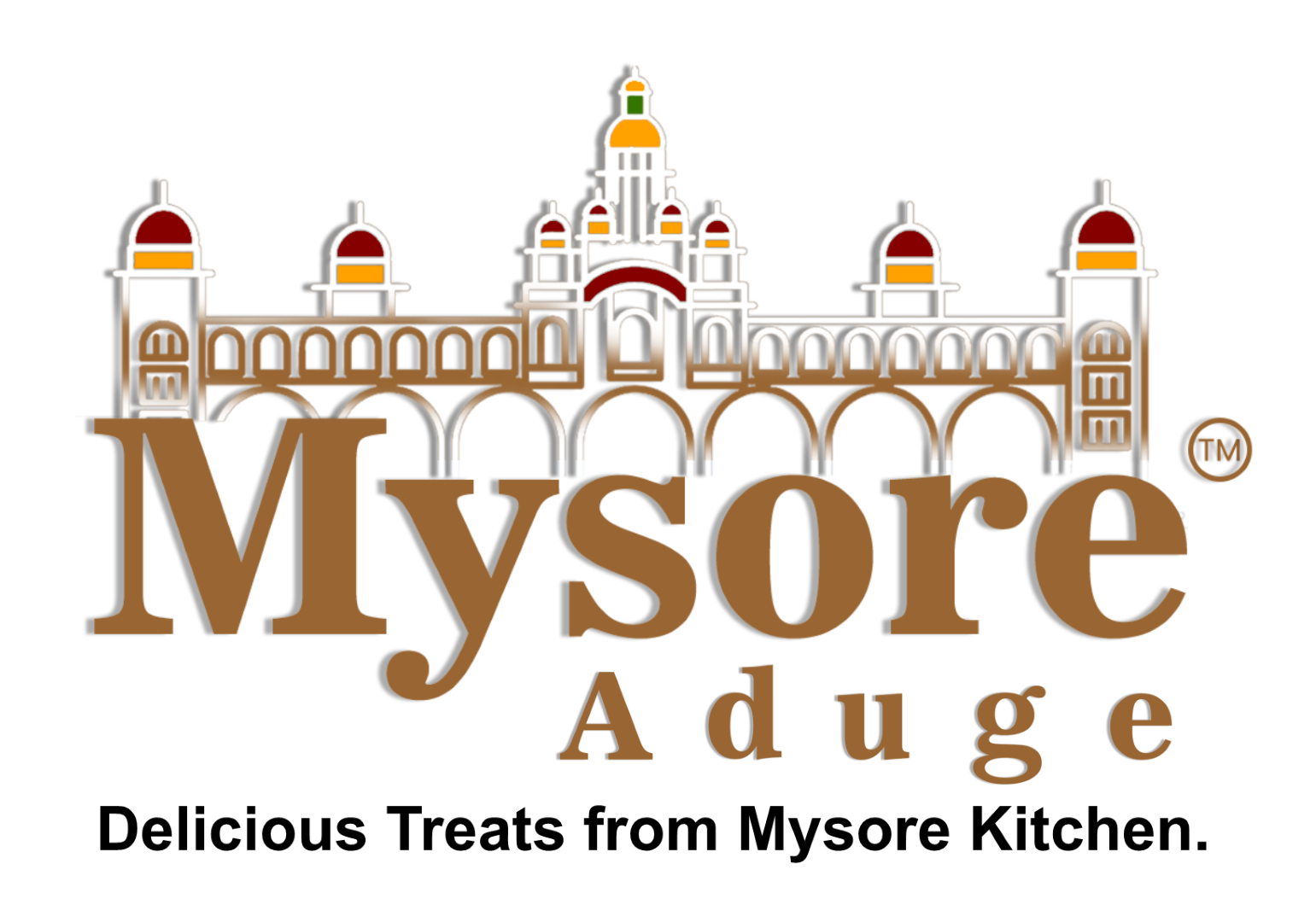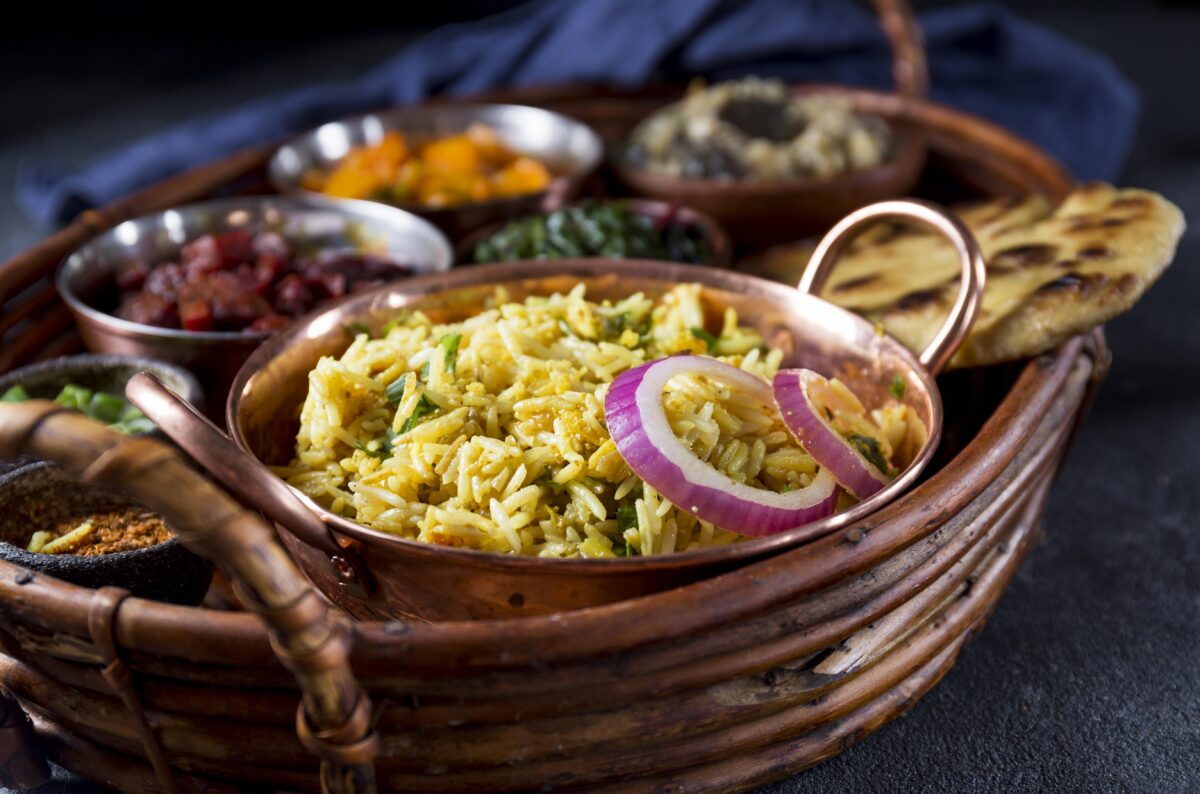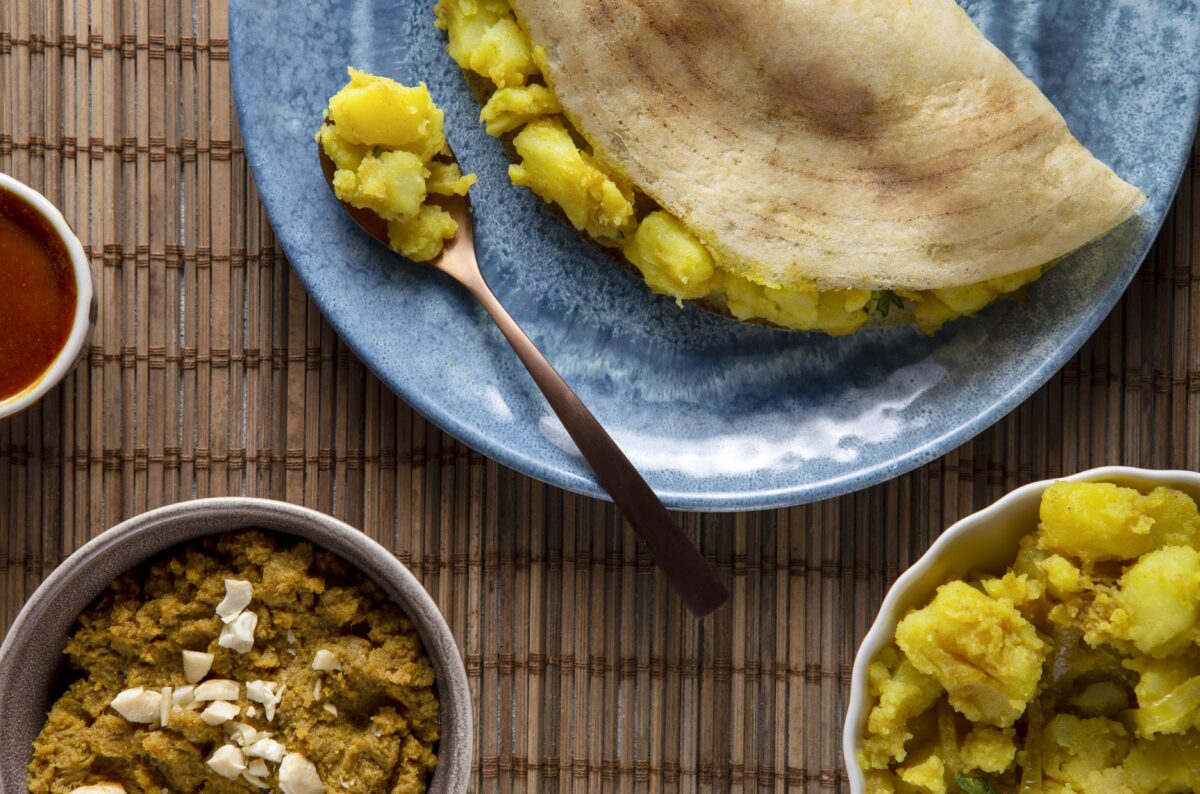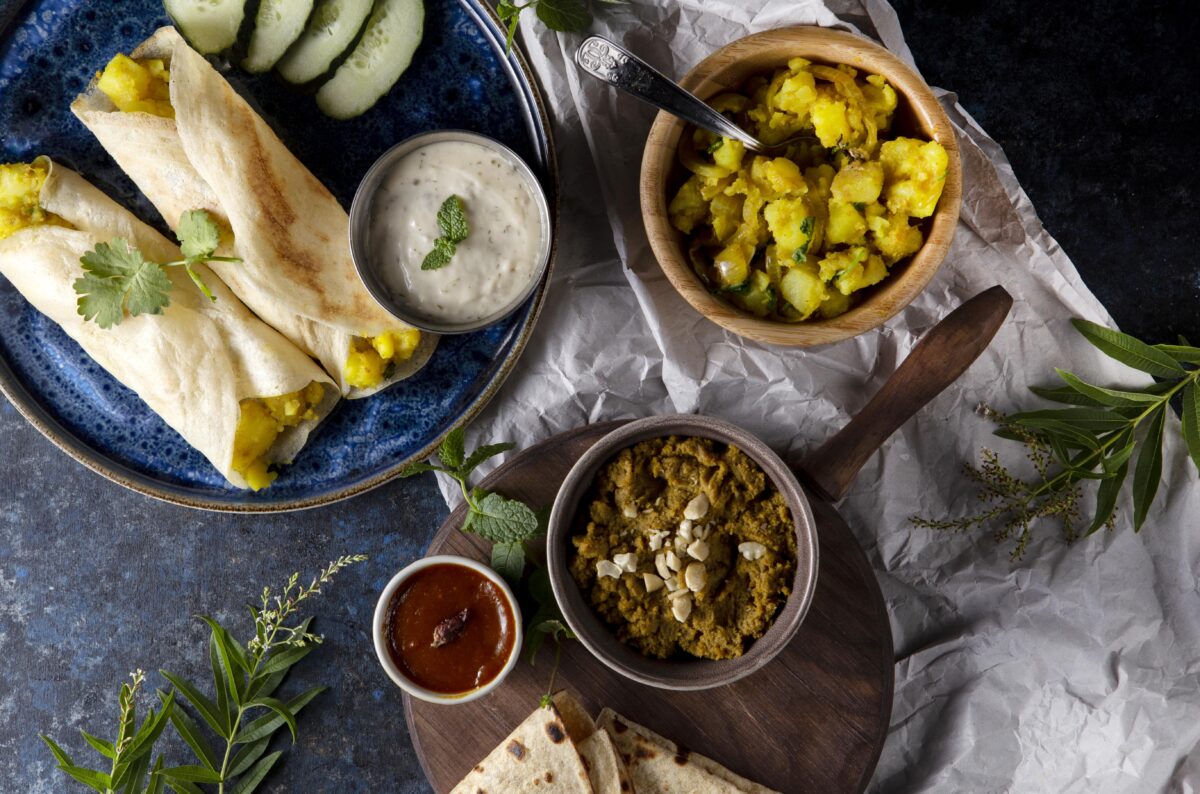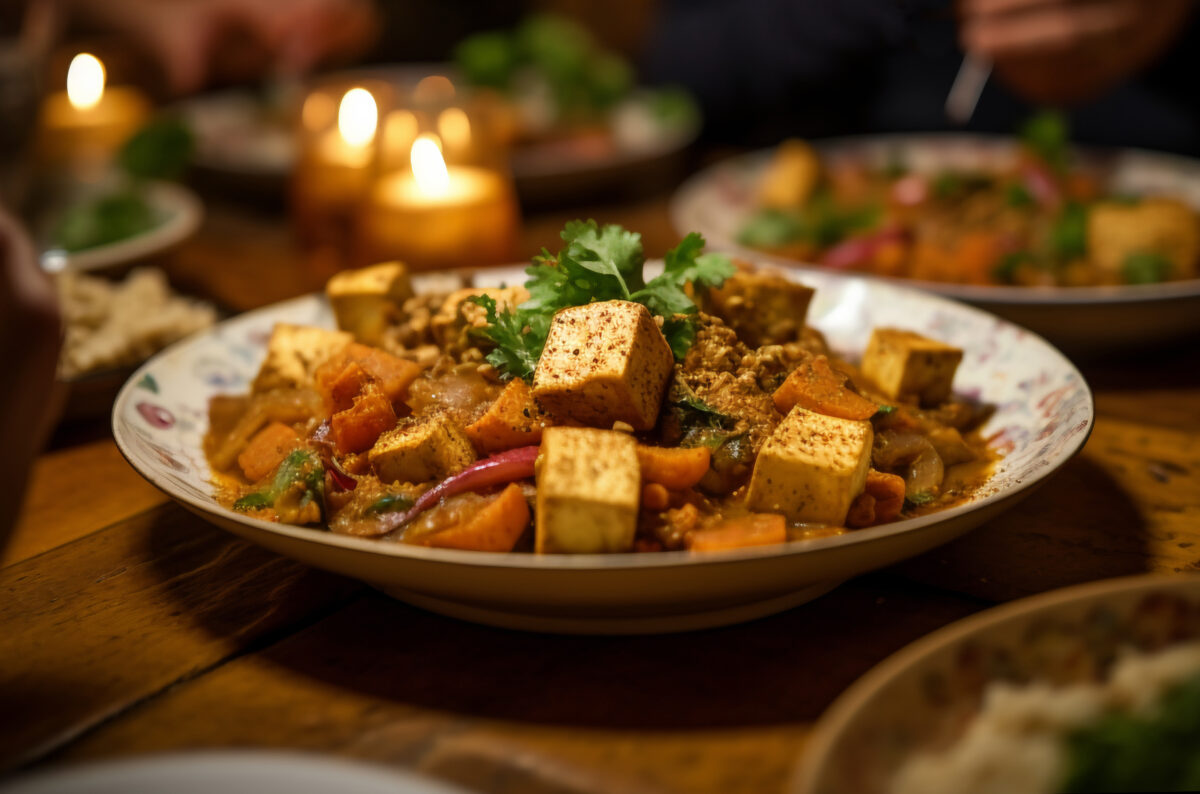
- June 3, 2025
Restaurants Investment in India – A Smart Move for Food Entrepreneurs
If you’re considering a restaurants investment in India, you’re looking at an industry full of immense potential and evolving opportunities. The food service sector has seen remarkable growth post-pandemic, adapting swiftly to new consumer habits and technological advancements. Strategic restaurants investment now can help you leverage this momentum, providing avenues for substantial returns and business growth.
India’s food industry is thriving due to rapid urbanization, increasing disposable incomes, and a rising preference for dining out or ordering in. With emerging trends like cloud kitchens, vegetarian and vegan dining, and regional cuisine gaining popularity, investors can tap into diverse markets. By understanding key concepts such as restaurant franchise cost, food business ROI, and investment in F&B startups, you can make smarter, more profitable decisions.
Why the Food Business is a Promising Investment Today
The Indian F&B industry is expanding rapidly and is projected to reach over $100 billion in the next few years. This growth is driven by changing lifestyles, increased internet penetration, and growing consumer demand for convenience and quality. Several factors make restaurants investment particularly promising today:
- The surge in cloud kitchens has reduced upfront investment and increased scalability for food businesses.
- Vegetarian and vegan food trends appeal to health-conscious consumers, boosting demand.
- Regional cuisines, including South Indian, North Indian, and others, are becoming popular across the country beyond traditional strongholds.
This evolving landscape offers exciting opportunities for investors focusing on investment in F&B startups that are aligned with these trends. New concepts backed by technology and innovation have higher chances of success and improved food business ROI.
Understanding Restaurant Business Models
Choosing the right business model is crucial for a successful restaurants investment. Here’s a detailed look at popular models:
- Independent Restaurants: Fully owned and managed by the entrepreneur. Offers complete control but requires significant effort in brand building and operations.
- Quick Service Restaurants (QSR) and Cafés: Focus on fast, affordable food with standardized menus. Typically easier to scale and attract repeat customers.
- Franchises: Leverage an established brand, operational systems, and marketing support. This model often reduces risk and accelerates growth. Learn more about dosa franchise in India and veg restaurant franchise in India.
- Cloud Kitchens: Delivery-only kitchens with no dine-in space. Low overhead costs and quick setup make this model highly scalable.
Understanding restaurant franchise cost associated with these models is important. Franchises generally require moderate initial investment but provide operational support, reducing the learning curve and risk. Meanwhile, independent restaurants may have higher initial costs and operational challenges but offer greater freedom.
Calculating Your Food Business ROI
Understanding food business ROI helps you assess the profitability of your restaurants investment. ROI is a ratio of the net profit to the total investment made and varies widely depending on the business model and management efficiency.
Factors influencing ROI include:
- Capital Investment: The initial money spent on setting up the kitchen, dining area, licensing, and equipment.
- Operating Costs: These include salaries, rent, food costs, utilities, and marketing expenses.
- Revenue Streams: Income from dine-in customers, delivery, catering, and events.
- Profit Margins: How well you manage food waste, portion sizes, and supplier costs.
Franchises tend to offer better and more predictable food business ROI because they come with tested business models, supply chain efficiency, and marketing support. Investors should carefully evaluate ROI projections and operational plans before making a commitment.
How Much Does It Cost to Open a Restaurant in India?
The restaurant franchise cost varies widely based on location, scale, and concept. Here’s a breakdown to help you understand typical investments:
- Small Cafes: Generally require ₹5 lakh to ₹20 lakh. Costs mainly cover kitchen setup, licenses, small seating arrangements, and basic décor.
- Mid-Sized Restaurants: Investment ranges from ₹20 lakh to ₹75 lakh. Includes costs for skilled staff, more elaborate décor, kitchen equipment, and branding.
- Premium Dining: Can require ₹75 lakh to over ₹1 crore, factoring in prime location rent, upscale décor, comprehensive staff, and premium menu development.
In addition to the setup costs, entrepreneurs must budget for recurring expenses like rent, salaries, utilities, and marketing. Consulting financial data from banks such as HDFC can provide realistic estimates, helping investors plan better.
Franchise vs Starting Your Own Restaurant
When considering a restaurants investment, the choice between franchising and independent ownership is crucial.
Benefits of choosing a franchise:
- Access to a proven brand that already attracts customers, including cities like Ahmedabad, Mumbai, Delhi, Vadodara, and Jaipur.
- Comprehensive operational support, including training and supply chain management.
- Lower risk of failure due to established processes and marketing.
- Centralized marketing and promotional support saves you effort and cost.
Challenges of starting independently:
- You must build your brand from scratch, which requires significant time and resources.
- Navigating licensing, supply chains, and staff training can be complex.
- Higher risk due to lack of proven operational models.
Many successful franchises like Sankalp and Restroworks highlight how franchising lowers risk and improves chances of success, especially for first-time investors.
Top Factors That Make a Restaurant Investment Successful
Successful restaurants investment depends on several key elements:
- Location: High foot traffic, easy accessibility, and minimal competition improve profitability.
- Menu Uniqueness: Offering distinct dishes or catering to niche diets can attract loyal customers.
- Backend Operations: Efficient POS systems, inventory management, and trained staff improve customer service and reduce costs.
- Quality & Consistency: Maintaining food taste and service standards helps in building strong brand loyalty.
- Marketing: Effective local promotions and a strong online presence help in attracting and retaining customers.
- Investor-Readiness: Having clear financial planning, understanding market trends, and readiness to adapt ensures sustainable growth.
Being diligent on these fronts increases your chances of a high food business ROI.
Case Study: South Indian Cuisine – A Rising Franchise Opportunity
South Indian cuisine is becoming a favorite across India due to its rich flavors and health benefits, especially with its vegetarian focus. The demand for authentic regional foods has risen sharply in metros and Tier 2 cities alike. Learn more about best South Indian restaurants and explore options in Bangalore, Mumbai, Pune, Delhi, Hyderabad, and Kolkata.
Brands focusing on South Indian cuisine have recorded rapid expansion and impressive ROI by catering to health-conscious consumers looking for flavorful yet wholesome meals. This makes South Indian franchises like Mysore Aduge a compelling choice for investors seeking a differentiated and scalable restaurants investment.
Mysore Aduge – Your Gateway to a Profitable Restaurant Investment
Founded in 2021, Mysore Aduge reflects the traditional sattvic vegetarian culinary heritage of Mysore, delivering authentic South Indian delicacies such as Bisi Bele Bath and Puliyogare. As a franchise, it offers:
- Turnkey Setup: Comprehensive support to start operations quickly.
- Local Sourcing & Training: Ensures ingredient quality and operational efficiency.
- Strong Branding: Recognizable and trusted name in the vegetarian food segment.
- Affordable Franchise Cost: Low barrier to entry compared to premium brands.
For entrepreneurs looking for a culturally rich yet profitable restaurants investment, Mysore Aduge combines authenticity with a proven franchise model to deliver great returns.
Conclusion
With the Indian food industry growing rapidly, restaurants investment offers an attractive business opportunity for entrepreneurs and investors. Whether you choose to start independently or through a franchise, understanding factors like restaurant franchise cost, potential food business ROI, and emerging market trends is essential.
Franchises offer a safer, more scalable path with support and brand recognition, while regional cuisines like South Indian food continue to gain traction nationwide. By carefully evaluating your options, you can make a smart investment that balances passion, profitability, and growth.
Frequently Asked Questions
Investment can range widely based on concept and size—from ₹5 lakh for small cafes to over ₹1 crore for premium dining. Franchises typically start at ₹15 lakh and vary depending on brand and location.
Yes, with proper planning, location, and management, the restaurant business can yield high returns and steady cash flow, especially with the growing demand for diverse food experiences.
ROI in restaurant franchises usually ranges between 15% to 25%, depending on brand strength, location, and operational efficiency. Franchises often provide more predictable returns than independent startups.
Knowing the restaurant franchise cost helps investors budget accurately, avoid surprises, and choose brands aligned with their financial capacity and growth goals.
Capital investment, operational costs, menu pricing, customer volume, and efficient management are critical factors that determine ROI in the food business.
Yes, cloud kitchens reduce costs related to real estate and staffing and cater to the rising demand for food delivery, offering higher scalability and faster ROI.
Absolutely. Franchises provide training, brand support, and operational guidance, reducing the learning curve for newcomers.
Mysore Aduge offers a unique, authentic South Indian cuisine with a turnkey franchise model that ensures operational ease, low initial investment, and strong brand support, making it an excellent opportunity for food entrepreneurs.
